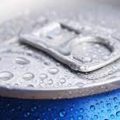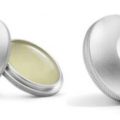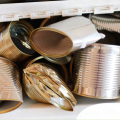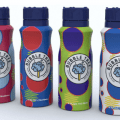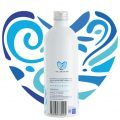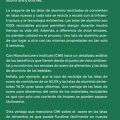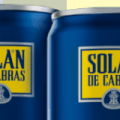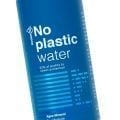The world is in a constant race to avoid environmental collapse. The need to reduce the pollution of our planet has led to laws being enacted to get companies on this (high-speed) train quickly. And plastic is one of the most pointed out, due to how difficult it is to be recycled. This has made the manufacturers of products whose packaging is made of plastic rush to find a sustainable replacement, which will inevitably bring a renewal in packaging and a trend that is now much talked about: eco-design. Aluminium is one option. And aluminium is not only infinitely recyclable, but it is also known for its properties to preserve food.
Already for a couple of years, the bottled water multinationals, for example, have been intensifying tests with easily recyclable aluminium cans. In fact, not only water but other beverages are migrating parts of their lines to aluminum cans. But in this race, it’s not just about migrating towards an infinitely recyclable material, it’s about trying to decrease carbon emissions in the process (not increase them).
Just a few years ago, Reuters mentioned in an article that, by increasing recycling through cans, companies could be undermining their efforts to reduce their carbon footprint,” illustrating the difficult juggling act they may face to please investors, activists and the environmentally conscious consumer.
And there is a lot of pressure. In Spain, 8 out of 10 consumers want to buy products that make use of as little plastic packaging as possible, according to a study carried out last year by a market research consultancy (Ipsos): “A throwaway world”. Study conducted in 28 countries. It is not only this data that has an impact. 71% of global citizens believe that single-use plastic products should be banned as soon as possible.
This step is also being taken by food manufacturers.
But, we wonder. And now with aluminum prices rising and aluminum cans becoming scarce, what are the next steps? That’s something we’ll know as the year (and the pandemic) goes on.



